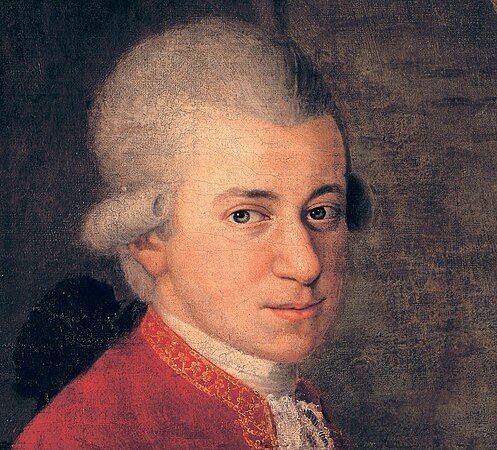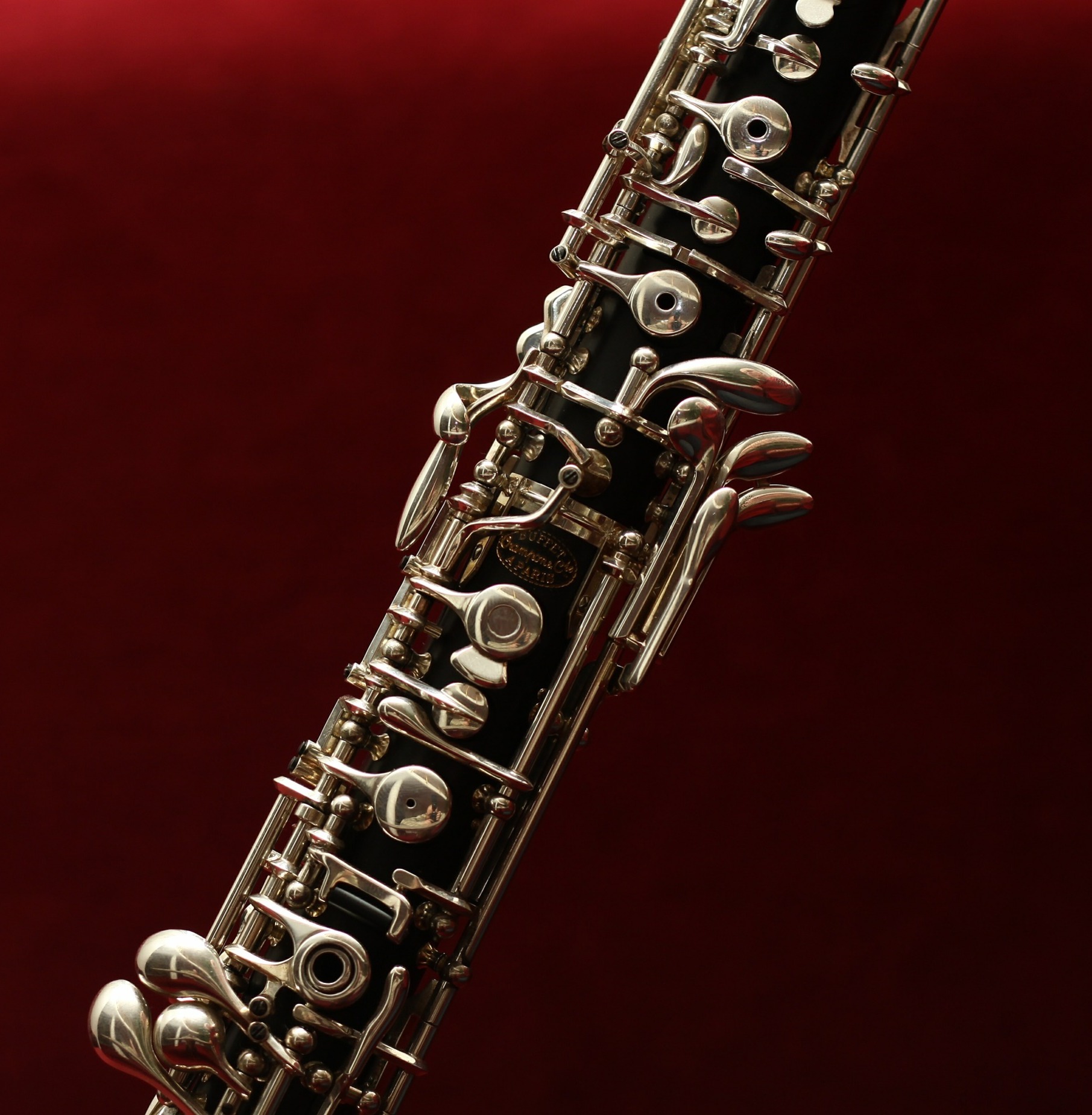Celebrating 'Eine Kleine Nachtmusik': Mozart’s enduring classic
Posted on 15th July 2023 at 15:23

This month, we introduce Wolfgang Amadeus Mozart, with a focus on his popular serenade, Eine Kleine Nachtmusik. Mozart’s talents gained him a reputation as a world-class musician during his lifetime, and he is still today regarded as one of the foremost composers not just of the Classical era, but of all time.
Although he only lived to be 35, Mozart was a prolific composer, producing hundreds of works across multiple genres, many of which remain in the repertoire today. But of course, one of his best-known works, which was completed towards the end of his life, on 10 August 1787, is Eine Kleine Nachtmusik. The piece is not only a staple of the classical repertoire, but it has been used for decades in popular culture – from film to advertising – making it one of the most instantly recognised classical works today.












